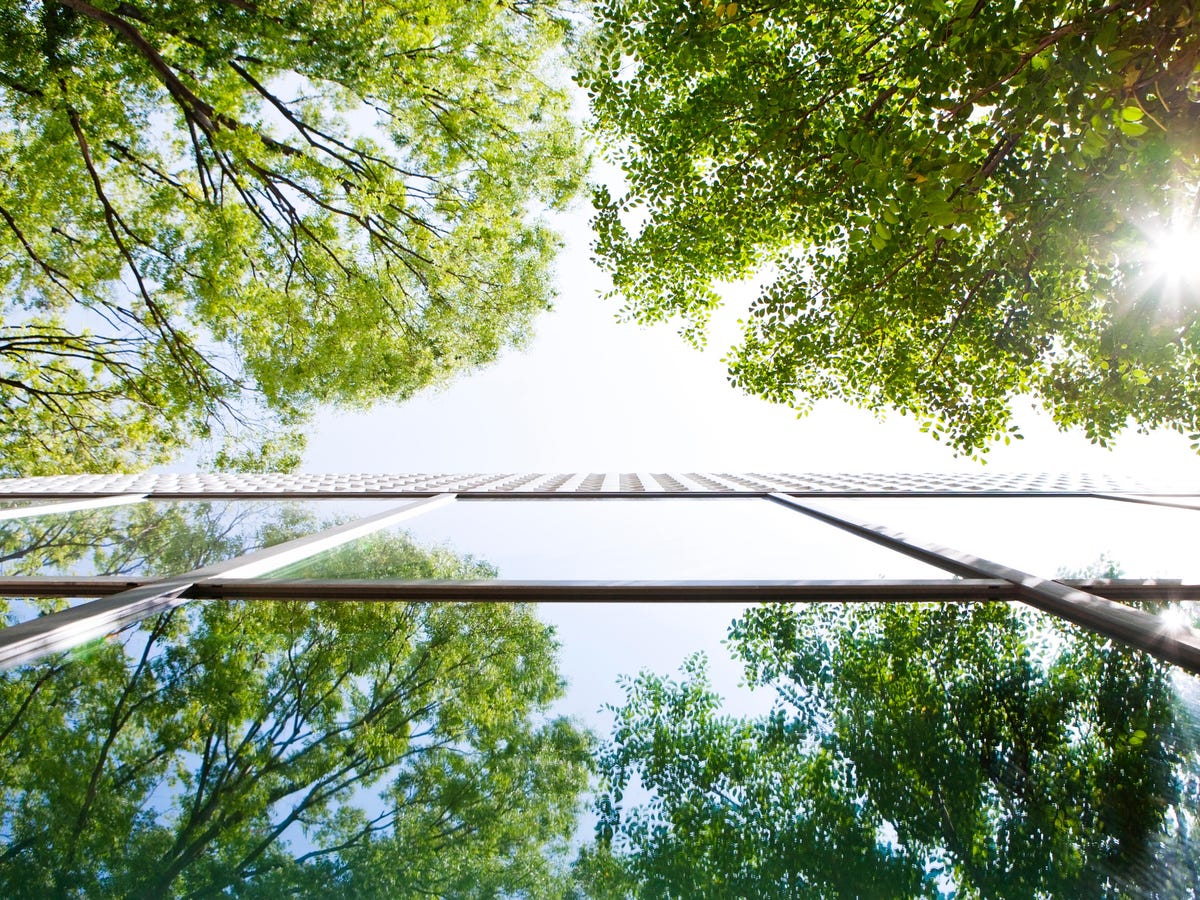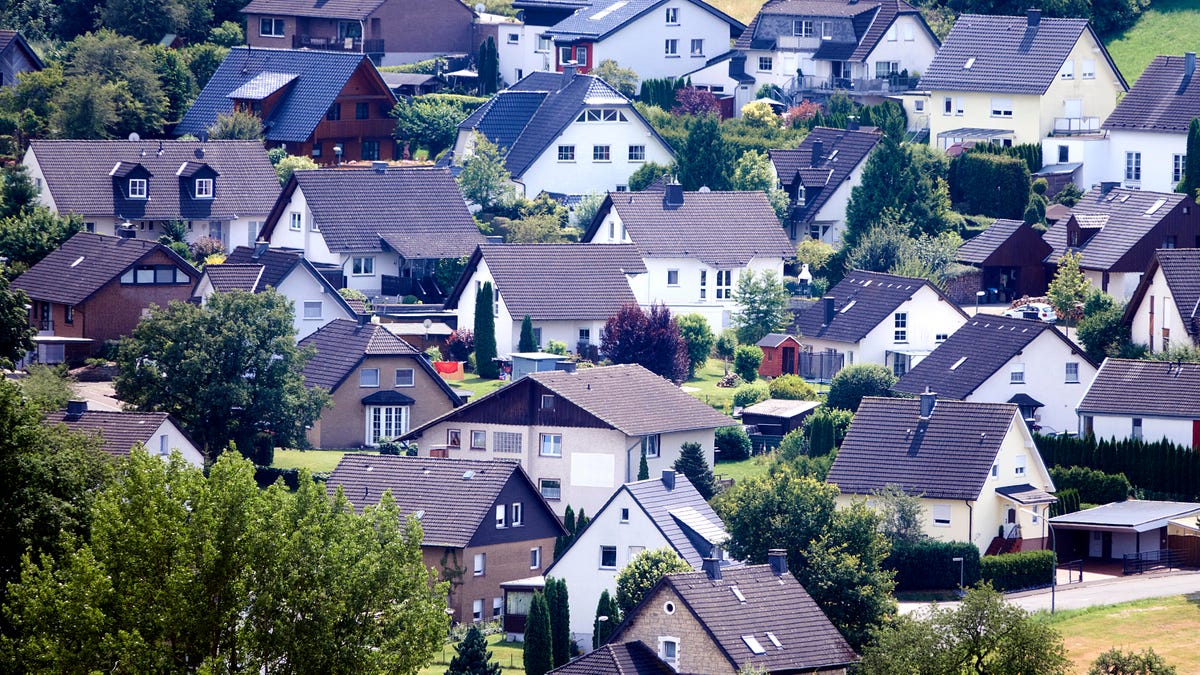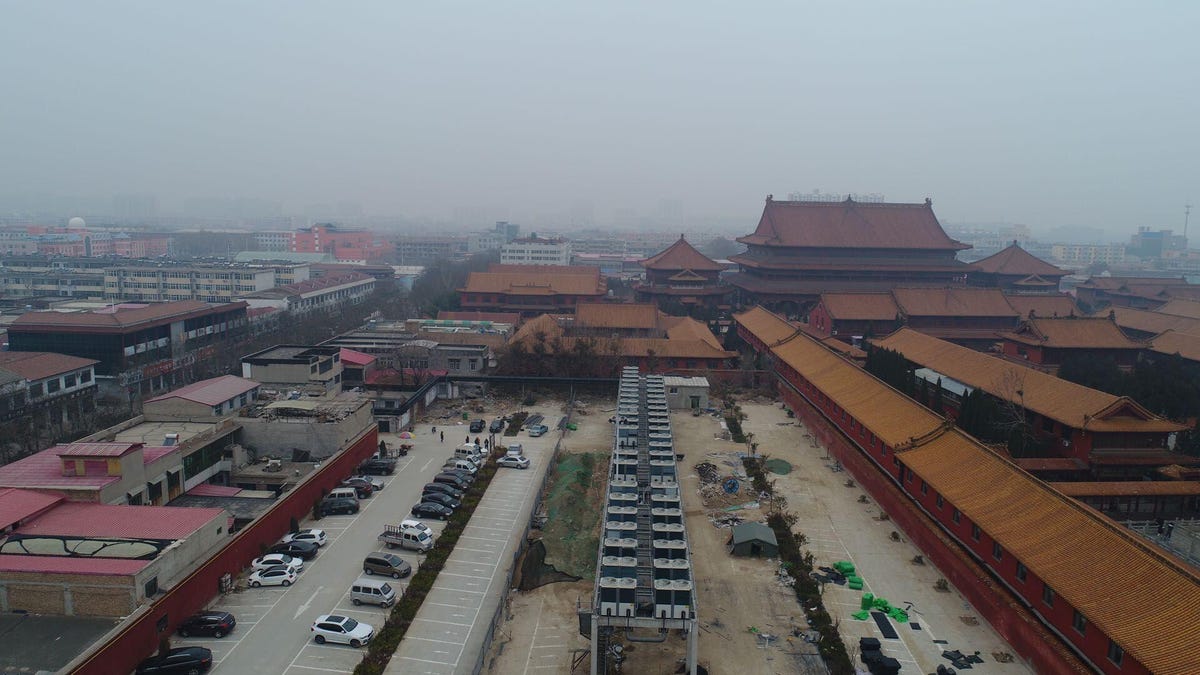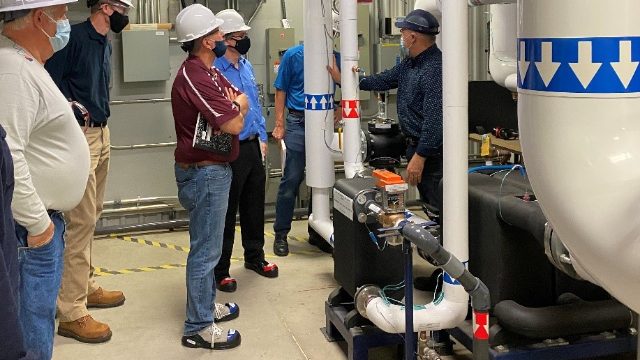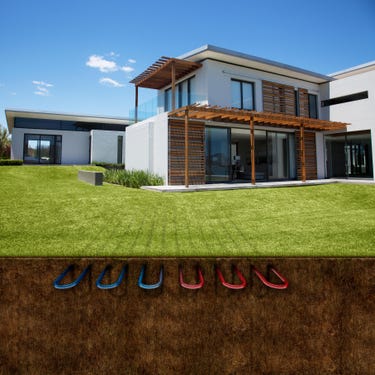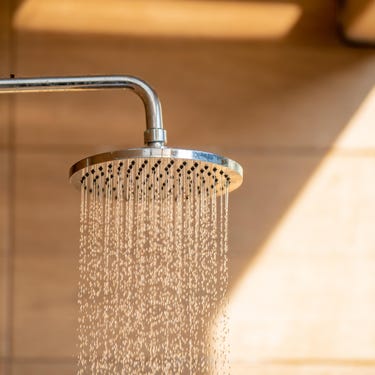The global demand for clean energy solutions is accelerating the shift from fossil fuels toward the electrification of HVACR. Our Copeland™ compression technology for heat pumps is helping our customers reach their business and sustainability goals.
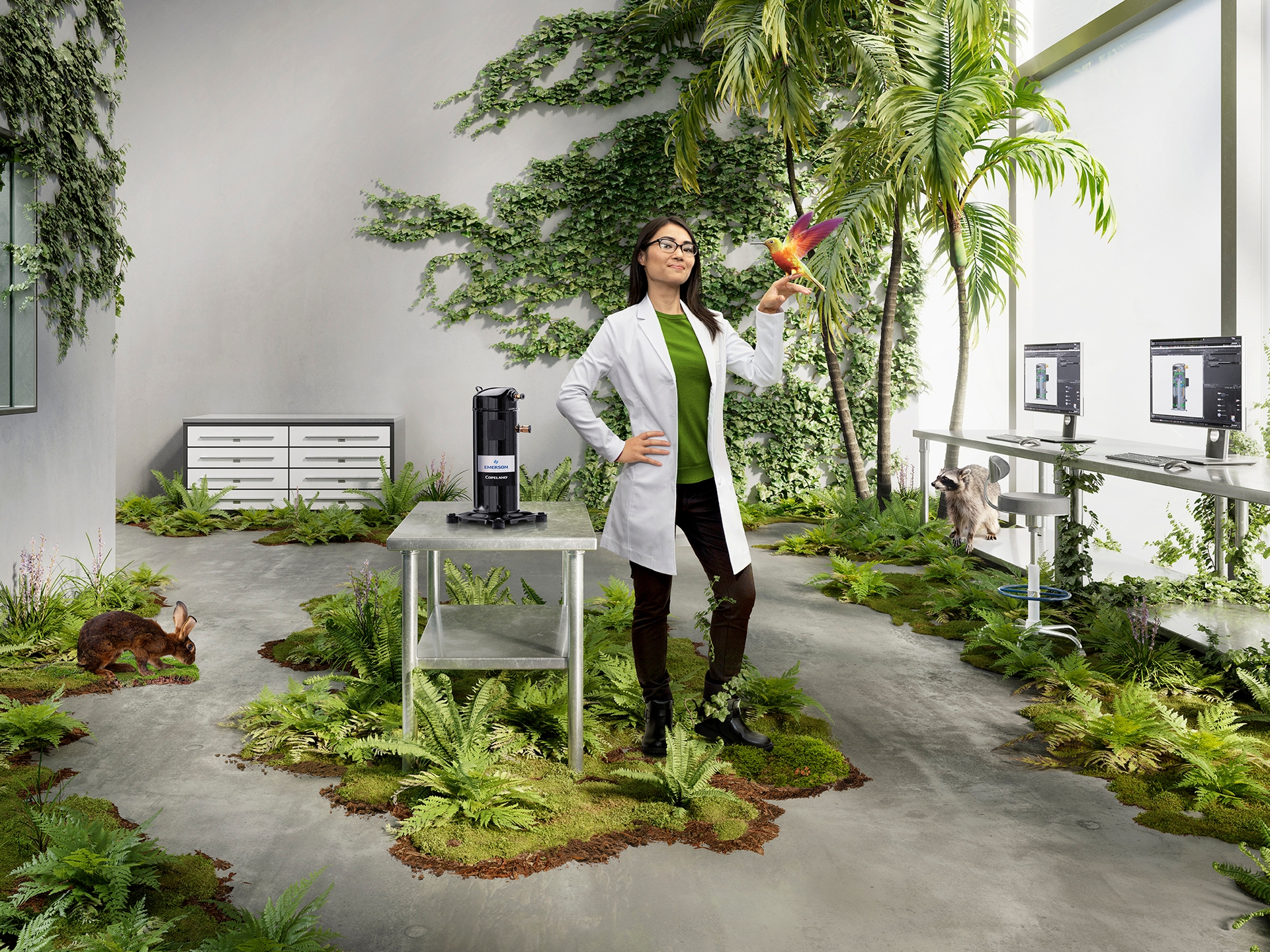
Engineered to Satisfy Everyone. Even Mother Nature.
As heat pumps become the leading sustainable alternative to traditional heating methods, the next generation of Copeland ZPSK7 Scroll Compressors is designed to help heat pumps deliver the highest performance in the HVACR industry. This award-winning two-staged compressor allows heat pumps to heat and cool spaces in most climates while consuming less energy.
Over 19 million homes and buildings globally are made comfortable with heat pumps powered by Copeland technology. No other compressor manufacturer has provided more products to the North American residential and commercial unitary ducted market. We offer proven reliability with over 200 million scroll compressor installations and over 100 years of innovation in HVACR technology.
Trusted by Every Major OEM in the HVACR Industry
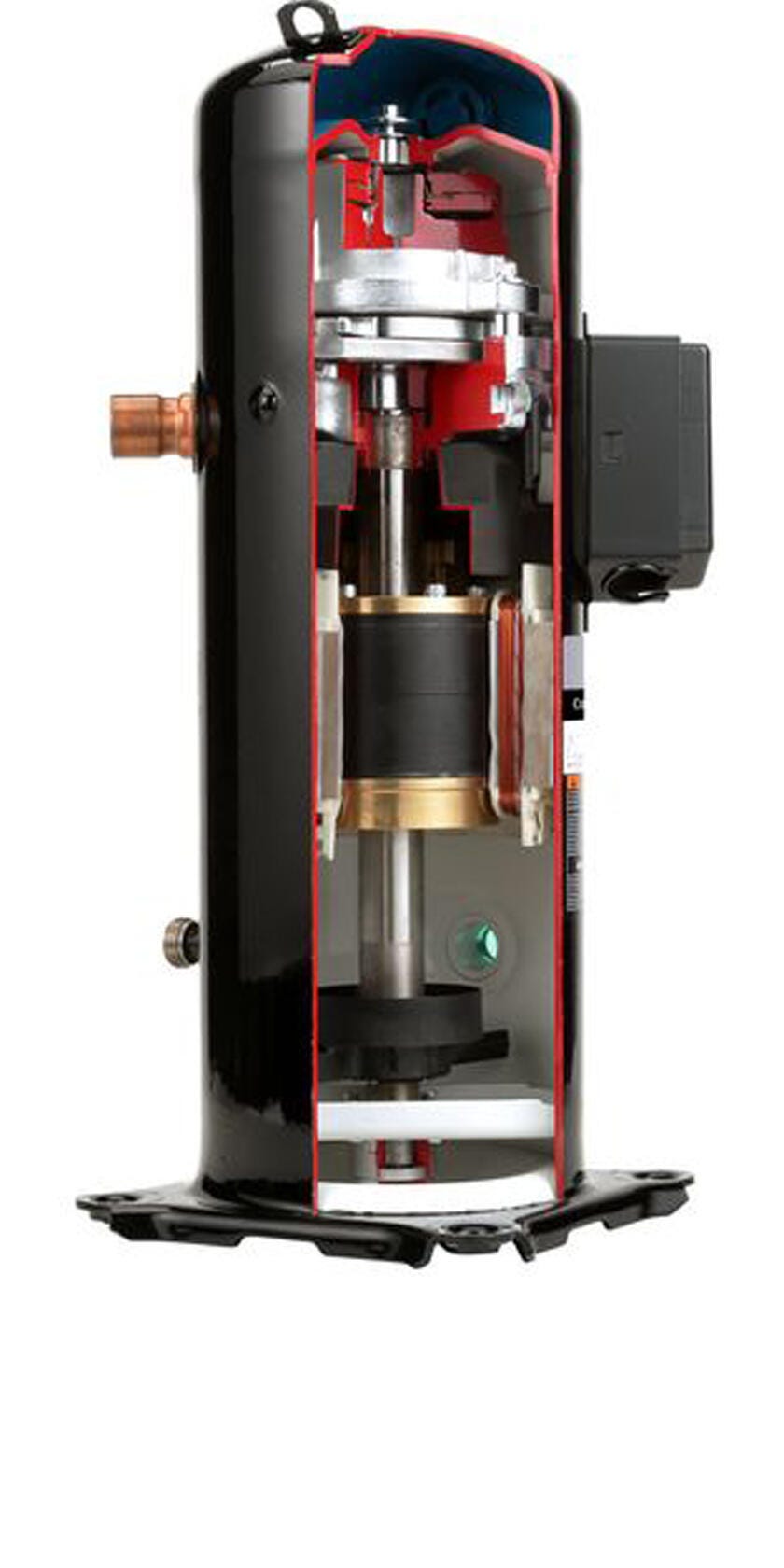
Heat Pump Innovations Across the Globe
Frequently Asked Questions about Heat Pumps
What is a heat pump?
A heat pump is a part of a heating and cooling system. It operates similarly to an air conditioner to cool your home, but also provides heating. Heat pumps are a sustainable alternative to traditional heating and cooling. They are powered by electricity instead of fossil fuels.
How does a heat pump work?
Heat pumps do not generate heat; they redistribute it. To heat a home or building, heat pumps use heat from the air outside or surrounding ground and transfer it indoors. To cool a home or building, a heat pump absorbs the heat from inside and transfers it outside. Heat pumps are powered by electricity instead of fossil fuels.
Can heat pumps function in cold weather?
Winter weather often still provides a certain amount of heat in the air outside making it possible for heat pumps to warm a home or building. The extracted heat and pressurized gas raise the temperature.
What types of heat pumps are available?
- Air-source heat pumps, the most used type, transfer heat between a house and the outside air. These types of heat pumps can more efficiently dehumidify a space when compared to a traditional air conditioner. The result is less energy use. For homes without air ducts, air-source heat pumps are also available in a ductless version.
- Water-source heat pumps efficiently extract heat from water instead of air. This type of heat pump is often used in high-rise buildings and can be installed above a ceiling or in a closet.
- Geothermal heat pumps transfer heat from the ground surrounding your home. This type of heat pump can be used in various types of climates due to relatively constant ground temperatures.
Impact statements are estimated based on our current installed base, assumed typical energy usage and system profile. Future projections are based on our technology roadmap, estimated market growth rates and energy sources, accounting for global megatrends and the expected regulatory environment.
